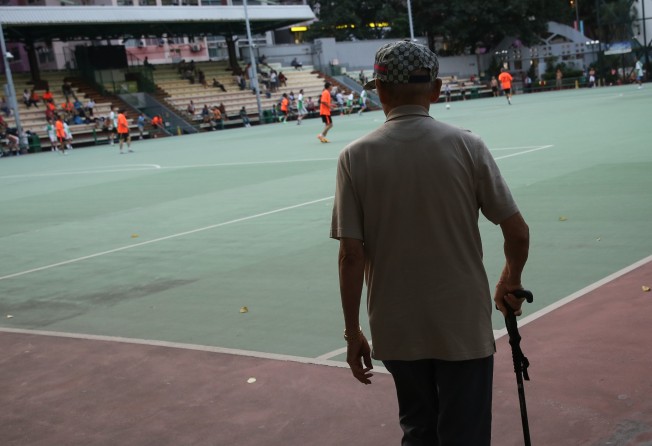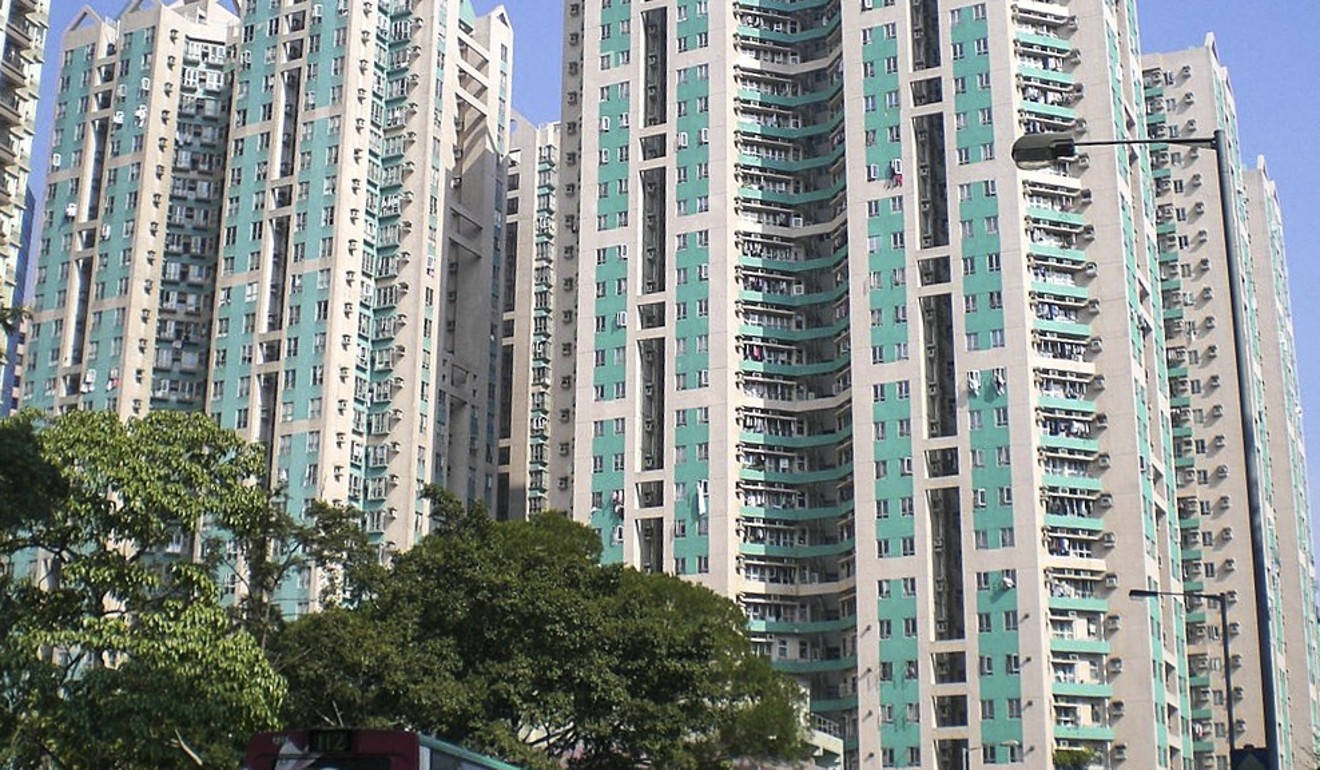
Idea of cross-generational Hong Kong flats with elderly resident and younger tenant not welcomed by both sides
Issues ranging from communication gaps to fears over personal safety cited in survey

The idea of elderly Hong Kong residents renting out rooms in their flats to younger tenants has been poorly received by both sides, with issues over personal safety and generation gaps cited, a recent survey has found.
On Tuesday, two pro-establishment think tanks released the findings from a poll of 600 people in two of the most rapidly ageing districts in the city.
The study also revealed that more elderly residents would be willing to share their domestic space as “cross-generational flats” if certain economic incentives, such as exemption of rents or more old age allowance, were provided by the government.

“The youth need low-cost housing. The solitary elderly need care. These are the strongest incentives,” said Raymond Ho Chung-tai, chairman of Dashun Foundation, one of the two groups involved in the report.
The survey comes after Chief Executive Carrie Lam Cheung Yuet-ngor said in her maiden policy address in October that her government would facilitate the Housing Society in allowing owners of about 16,000 subsidised flats to rent out their homes or spare rooms – even with premiums unpaid – to needy people at below market rates.
Under existing regulations, owners of subsidised flats are not allowed to rent out or sell their homes before completing their payment of premiums to the government.
The pilot project is set to launch in the second half of next year, and will prioritise the needs of families in the queue for public housing, according to Marco Wu Moon-hoi, chairman of the Housing Society.
The recent survey by the Dashun Foundation and the Proactive Think Tank – chaired by Ricky Tsang Chi-ming, a member of the state advisory body, the National Committee of the Chinese People’s Political Consultative Conference – comprised two rounds of polls in July and August. The polls covered elderly residents living in various types of accommodation, mainly public rental flats, subsidised housing and private flats.
In the first round, questionnaires were given out to residents in Sha Tin and Eastern District. In each district, answers were collected from 100 residents aged above 65 and another 100 aged between 18 and 40.
According to a 2015 official projection, by 2024, Sha Tin would have the largest number of elderly people compared with other areas in the city, while Eastern District would have the highest proportion of senior citizens among residents.
In Sha Tin, only four of the 100 elderly polled owned a flat with unoccupied rooms. None of the four were willing to share their idle space with young people.
Meanwhile, 59 of the 100 younger respondents polled in Sha Tin said they did not want to move into the home of an elderly stranger. Similarly, in Eastern District, 55 out of the 100 younger people surveyed were not open to the idea.
Seventy-two out of 100 elderly residents surveyed in Eastern District said they did not want to live with a younger stranger.

The second round of surveys was conducted in Healthy Village in North Point, the only public complex run by the Housing Society on Hong Kong Island that offers units for low-income elderly people. Among the 100 elderly residents polled, 75 said they would not share their flats.
Clashes stemming from generation gaps and fears over personal safety were the issues most cited by elderly residents unwilling to rent out their rooms, according to the findings.
Those who were willing to share their flats expected younger tenants to help with chores and take care of them. For the latter, low rents was the biggest draw.
Ashley Tse Hiu-hung, research director of Proactive, said the idea of cross-generational flats would be more feasible if the government could provide some form of economic compensation for the elderly.
The survey found that among the 75 elderly residents from Healthy Village who were not open to the plan, 32 indicated they would change their minds under certain conditions. These include being exempted from paying rent for those who were living in public rental housing.
The report did not specify which type of housing elderly residents opposed to the plan were living under.
Tse also suggested that elderly residents and younger potential tenants should first meet and learn about each other before deciding whether to live under the same roof. There should also be a grace period of two months after which either side could terminate the arrangement.